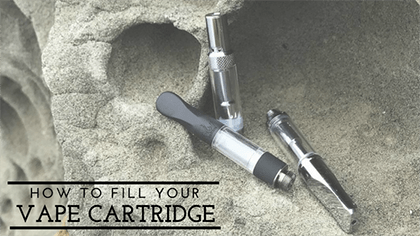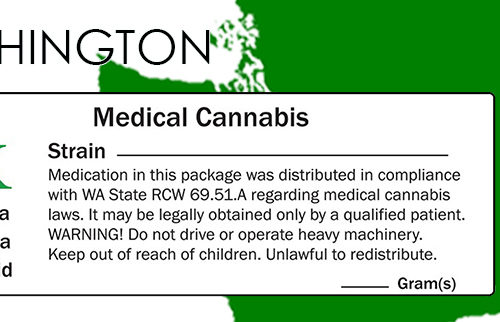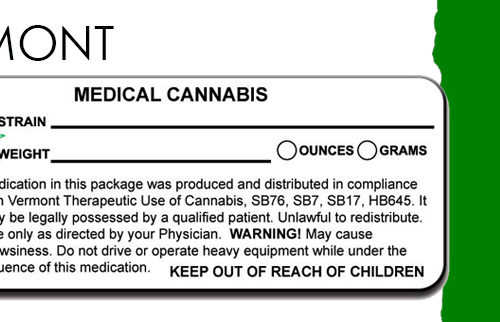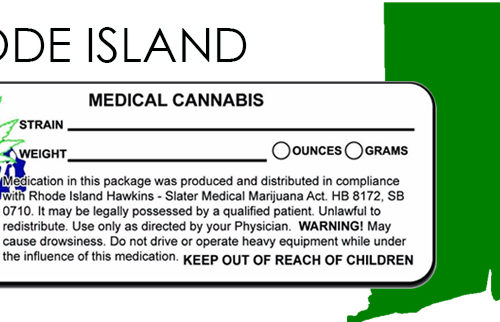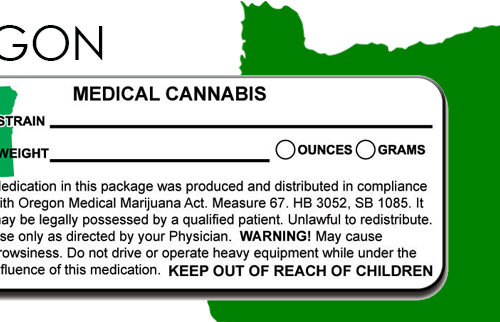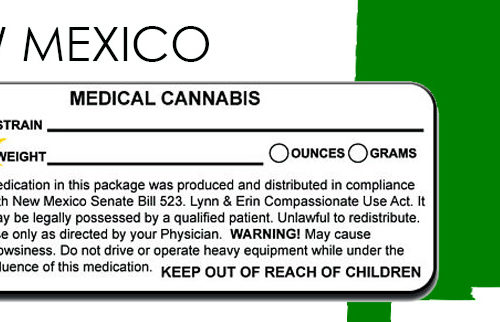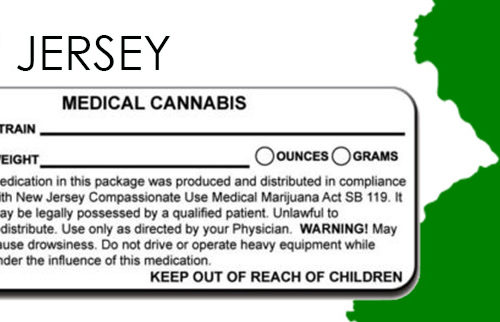No products in the cart.

NEW YORK Marijuana Packaging and Labeling State Law
New York’s cannabis labeling and packaging guidelines include the following:
• (g) Approved medical marihuana products shall be limited to the following forms and routes of administration:
(1) liquid or oil preparations for metered oromucosal or sublingual administration or administration per tube;
(2) metered liquid or oil preparations for vaporization;
(3) capsules for oral administration; or
(4) any additional form and route of administration approved by the commissioner. Smoking is not an approved route of administration.
(5) approved medical marihuana products may not be incorporated into edible food products by the registered organization, unless approved by the commissioner.
(h) The registered organization shall package the final form of the approved medical marihuana product at the manufacturing site. The original seal shall not be broken except for quality testing at an approved laboratory, for adverse event investigations, by the department, or by the certified patient or designated caregiver.
(i) The registered organization shall package the approved medical marihuana product such that it is child-resistant, tamper-proof/tamper-evident, light-resistant, and in a resealable package that minimizes oxygen exposure.
(j) The registered organization shall identify each lot of approved medical marihuana product with a lot unique identifier.
(k) Each approved medical marihuana product shall be affixed with a product label. Medical marihuana product labels shall be approved by the department prior to use. Each product label shall be applied at the manufacturing facility, be easily readable, firmly affixed and include:
(1) the name, address and registration number of the registered organization;
(2) the medical marihuana product form and brand designation;
(3) the single dose THC and content for the product set forth in milligrams (mg);
(4) the medical marihuana product lot unique identifier (lot number or bar code);
(5) the quantity included in the package;
(6) the date packaged;
(7) the date of expiration of the product;
(8) the proper storage conditions;
(9) language stating:
(i) “Medical marihuana products must be kept in the original container in which they were dispensed and removed from the original container only when ready for use by the certified patient”;
(ii) “Keep secured at all times”;
(iii) “May not be resold or transferred to another person”; (iv) “This product might impair the ability to drive”;
(v) “KEEP THIS PRODUCT AWAY FROM CHILDREN (unless medical marihuana product is being given to the child under a practitioner’s care”); and
(vi) “This product is for medicinal use only. Women should not consume during pregnancy or while breastfeeding except on the advice of the certifying practitioner, and in the case of breastfeeding mothers, including the infant’s pediatrician.”
(l) For each lot of medical marihuana product produced, the registered organization shall submit a predetermined number of final medical marihuana products (e.g., sealed vials or capsules; with the number of samples submitted, based on statistical analysis, determined to be representative of the lot) to an independent laboratory/laboratories approved by the department. The laboratory verifying the cannabinoid content shall be approved for the analysis of medical marihuana product by the department in accordance with section five hundred two of the public health law and subpart 55-2 of this title. Such laboratory, or approved laboratories cumulatively, shall certify the medical marihuana product lot as passing all contaminant testing and verify that the content is consistent with the brand prior to the medical marihuana product being released from the manufacturer to any dispensing facility.
(1) Any lot not meeting the minimum standards or specifications for safety shall be rejected and destroyed by the registered organization in accordance with the registered organization’s approved operating plan.
(2) Any lot not meeting the minimum standards or specifications for brand consistency shall be rejected and destroyed by the registered organization in accordance with the registered organization’s approved operating plan.
(3) The registered organization shall keep and maintain records documenting submission of medical marihuana products to approved laboratories as required herein, and the results of the laboratory testing. The registered organization shall provide the department with such records upon request.
(m) The registered organization shall demonstrate the stability of each approved medical marihuana product produced (each brand in each form) by testing at an approved laboratory in accordance with section 1004.14 of this title:
(1) the stability and expiration date of the final distributed medical marihuana product shall be validated and shall be stable for a minimum of 60 days under the specified storage conditions (light, temperature and humidity) when opened;
(2) shelf-life of unopened medical marihuana products (e.g., packages or vials) shall be validated by ongoing stability testing according to a schedule determined by the department and an expiration date for unopened products shall be determined through the stability testing;
(3) specifications regarding storage conditions must address storage at the manufacturing facility once the package is sealed, during transport, at the dispensing facility, in the patient’s home and for samples retained for future testing.
(n) No synthetic marijuana additives shall be used in the production of any medical marihuana product.
For more information, please refer to the New York Medical Marijuana Program Regulations.


